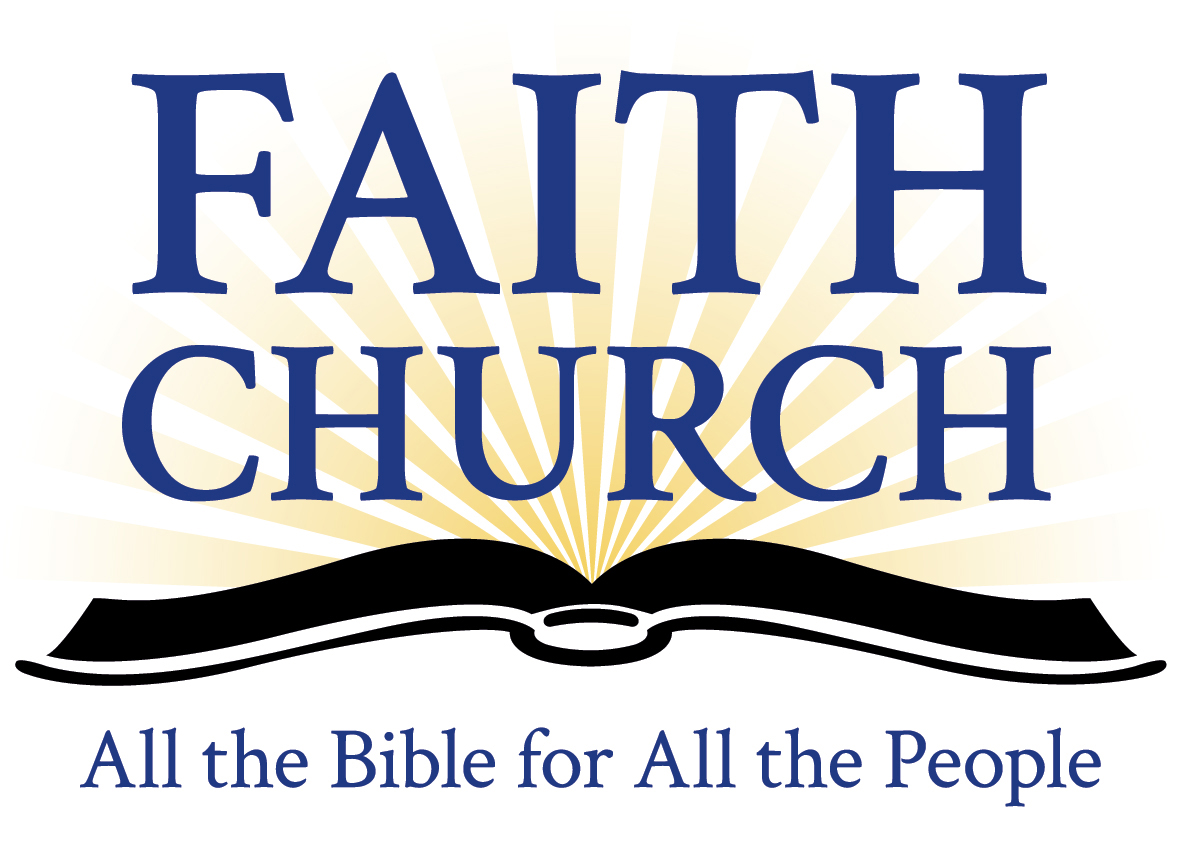The chief priests and scribes watched with consternation at the tumultuous welcome being bestowed upon Jesus as he came into Jerusalem. The Bible says they were, “sore displeased”. By the time they reached the temple many of the celebrants were children. According to Matthew’s Gospel it prompted Jesus to quote the Psalm, “Out of the mouths of babes and sucklings thou hast perfected praise.“
Jesus often spoke of the faith of children and on one occasion said that, “Except ye be converted and become as little children, ye shall not enter into the kingdom of heaven.” We know their innocence, faith, and dependence make them more responsive to the still small voice of God. But I think there is an additional reason why Jesus made this requirement-children do not try to use God. Their worship is not based on a quid pro quo.
Matthew’s 21st chapter mentions three groups that were involved in the activities on that Palm Sunday. They represented different strata of the Jewish society, but they nevertheless had one thing in common. They each had turned worship inside out. God had simply become a means to an end.
First, there were those who used God for politics . Israel had been under the domination of a foreign power since 722 b.c. First the Assyrians, then the Babylonians. Alexander the Great put them under his control in 322 b.c. The Egyptians were followed by the Romans in 68 b.c. Even the son of Herod the Great, who nominally ruled them, was not Jewish.
Throughout this, the Jews had the hope of the promised Messiah. They wanted God to provide a victorious Davidic warrior-king to cast off the shackles and give them their freedom. As long as they thought Jesus of Nazareth was that Deliverer, they would joyously give him Hosannas. After all, he had shown enough power to deal with the Romans; had stumped the Pharisees; offered a great medical plan; and then there was all that free food. Philip Yancey says that when they raised the palm branches on their way into the city, they were in essence raising Jewish national flags.
There were those who used God to make a profit. Jerusalem was an international city, and Jews traveled great distances to be there during the high Holy Season of Passover. It was not always convenient to bring an animal for the yearly sacrifice, so devotees could acquire one after they arrived. May of these booths were run by the priests themselves and provided the opportunity to charge inflated prices. Different currencies required exchange practices, another place to make a little extra. All of this had moved inside the Temple walls. The Holiest place on all the earth had become a shopping mall.
And, there were those who used God to keep their power. No wonder the religious leaders were concerned. They controlled the means and the method of worship. They instituted all the rules for daily righteousness. Yet, they saw that power slipping away. They had done their best for three years to thwart this country rabbi and all they could conclude was, “The whole world has gone after him.”
Christ proved to be none of the things these people wanted. He would not be used. As a result each group ultimately rejected him. He was such a disappointment to the zealots, who were not satisfied with a heavenly kingdom, that by the end of the week they were crying “Crucify him!” He overturned the selling and banking stalls and pronounced they had turned the House of Prayer into a den of thieves. The High Priest concluded that it was, “expedient that one man should die for the people, and the whole nation perish not”.
There is no doubt that the virtues that accompany Christian living are the same virtues that produce “the good life”; such as prudence in our decisions; self-control of our personalities, faithfulness in our marriages. But the good life is the result of devotion, not the reason for it. Holiness always precedes happiness. Worship is more than God as genie, and to make our self interests the litmus test of our spiritual life is, indeed, to worship a very small god.

